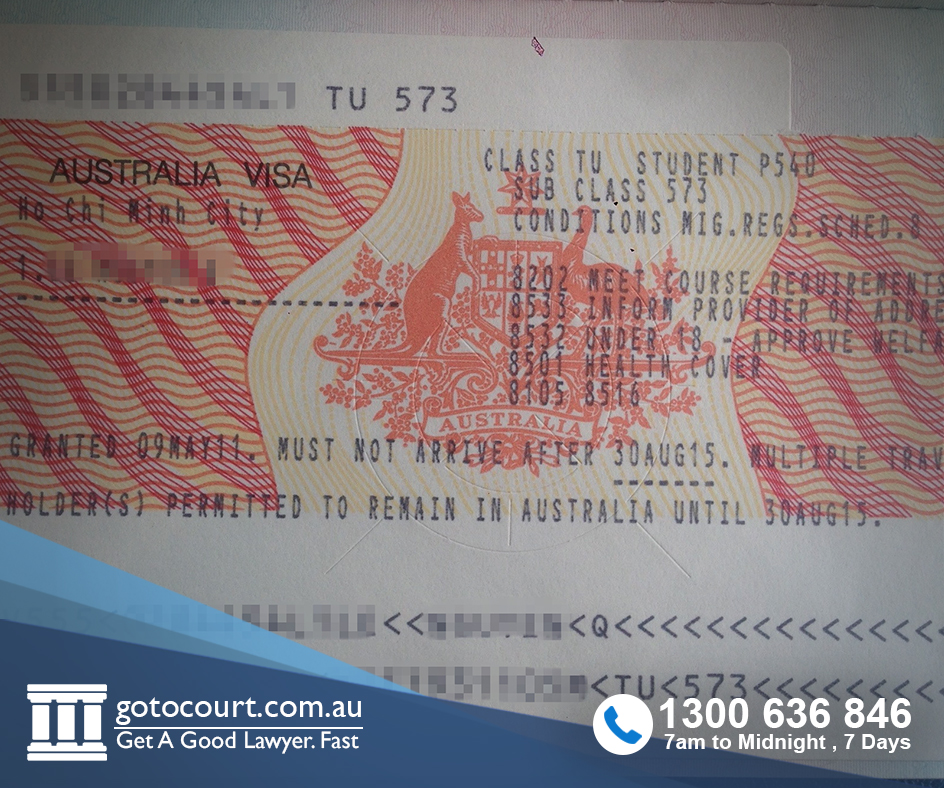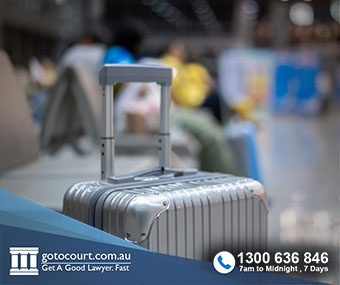Call our lawyers
now
or,
have our lawyers
call you
English Language Testing in Australia
Updated on Nov 08, 2022 • 4 min read • 825 views • Copy Link
English Language Testing in Australia
For many visa applications, the Department of Home Affairs (DoHA) assesses visa applicants’ English language proficiency. Visas which require the applicant to complete English language testing include employer-sponsored and skilled migration visa program categories. This article outlines the different types of English language testing that are available in Australia that can be used for immigration purposes.
In some circumstances, a visa applicant can satisfy the English language proficiency requirement without sitting a test. This may be the case where the applicant is in Australia and has successfully completed Australian studies to a certain level. Similarly, some visa applicants who have studied for at least five years in the English language medium in an English-speaking country will satisfy the language requirement.
A person does not need to be assessed for their English proficiency if they hold a type of passport specified by the legislative instrument made under regulation 1.15B. At the time of writing, these are passports issued by the following countries:
- United Kingdom;
- United States of America;
- Canada;
- New Zealand; and
- The Republic of Ireland.
Regulation 5.17 of the Migration Regulations 1994 sets out what can be used as evidence of a person’s English language proficiency. The visa applicant has to give evidence of having achieved a result in an approved English language test.
Any English language test that the visa applicant relies on must have been undertaken in the three years immediately prior to the visa application lodgement. It is not possible to submit the results of an English language test taken after the visa application was lodged in a permanent visa application.
What are the approved English language tests?
If you cannot provide a documentary evidence which supports a claim that you are in the group of people who do not have to provide results of an English language test, you will need to undertake one to make a successful visa application.
The following is a list of approved English language tests for Australian visa purposes:
- Occupational English Test (OET);
- International English Language Testing System (IELTS);
- Test of English as a Foreign Language Internet-based Test (TOEFL iBT);
- Cambridge English: Advanced (CAE) test (also known as Certificate in Advanced English); and
- Pearson Test of English (PTE) Academic.
The required marks to meet the English language requirements among these tests are not the same. The score requirements will be different depending on which test you take.
It is important to provide the results of an approved English language test undertaken in the three years immediately prior to the visa application lodgement. This is to ensure that your English language proficiency is current. If the test results are more than three years old, your application will be refused for not meeting the requirement.
What are the English language proficiency levels?
There are five different levels of English language proficiency as prescribed under the Migration legislation, as follows (in increasing levels of proficiency):
- Functional;
- Vocational;
- Competent;
- Proficient; and
- Superior.
The following chart shows the requisite scores required for each level of English language proficiency:
| Proficiency Level | Components | OET | IELTS | TOEFL iBT | CAE | PTE (academic) |
| Functional English | Overall score, test average or total | Not applicable | 4.5 | 32 | 147 | 30 |
| Vocational English | Reading | B | 5.0 | 4 | 154 | 36 |
| Writing | B | 5.0 | 14 | 154 | 36 | |
| Listening | B | 5.0 | 4 | 154 | 36 | |
| Speaking | B | 5.0 | 14 | 154 | 36 | |
| Competent English | Reading | B | 6.0 | 13 | 169 | 50 |
| Writing | B | 6.0 | 21 | 169 | 50 | |
| Listening | B | 6.0 | 12 | 169 | 50 | |
| Speaking | B | 6.0 | 18 | 169 | 50 | |
| Proficient English | Reading | B | 7.0 | 24 | 185 | 65 |
| Writing | B | 7.0 | 27 | 185 | 65 | |
| Listening | B | 7.0 | 24 | 185 | 65 | |
| Speaking | B | 7.0 | 23 | 185 | 65 | |
| Superior English | Reading | A | 8.0 | 29 | 200 | 79 |
| Writing | A | 8.0 | 30 | 200 | 79 | |
| Listening | A | 8.0 | 28 | 200 | 79 | |
| Speaking | A | 8.0 | 26 | 200 | 79 |
Functional English
Functional English as required in the immigration legislative instrument refers to your ability to read and understand English texts about topics that are familiar to you.
This can be evidenced by demonstrating completion of all years of primary education and minimum of three years of secondary education in an educational institution whether it be in or outside Australia. All instructions should be in English.
Vocational English
Vocational English is usually required for Temporary Work (Skilled) Visas subclass 457. This level of English language proficiency refers to your ability to comprehend English to understand topics that are basic but unfamiliar.
For 457 visas, a particular legislative instrument applies. This legislative instrument changes the definition of vocational English to the following:
| Test | Minimum overall / total score | Minimum scores for each component | |||
| Reading | Writing | Listening | Speaking | ||
| OET | Not applicable | B | B | B | B |
| IELTS | Overall 5.0 | 4.5 | 4.5 | 4.5 | 4.5 |
| TOEFL iBT | Total of 36 | 3 | 12 | 3 | 12 |
| CAE | Overall 154 | 147 | 147 | 147 | 147 |
| PTE | Overall 36 | 30 | 30 | 30 | 30 |
Competent, Superior and Proficient
People with the English language proficiency of competent, superior or proficient are confident in their ability to communicate. As indicative of their test scores, these levels of English language proficiency can engage in any method of communication with accuracy and comprehension. Competent, Superior and Proficient.

Affordable Lawyers
Our Go To Court Lawyers will assist you in all areas of law. We specialise in providing legal advice urgently – at the time when you need it most. If you need a lawyer right now, today, we can help you – no matter where you are in Australia.How It Works







1. You speak directly to a lawyer
When you call the Go To Court Legal Hotline, you will be connected directly to a lawyer, every time.


2. Get your legal situation assessed
We determine the best way forward in your legal matter, free of charge. If you want to go ahead and book a face-to-face appointment, we will connect you with a specialist in your local area.


3. We arrange everything as needed
If you want to go ahead and book a fact-to-face appointment, we will connect you with a specialist in your local area no matter where you are and even at very short notice.














